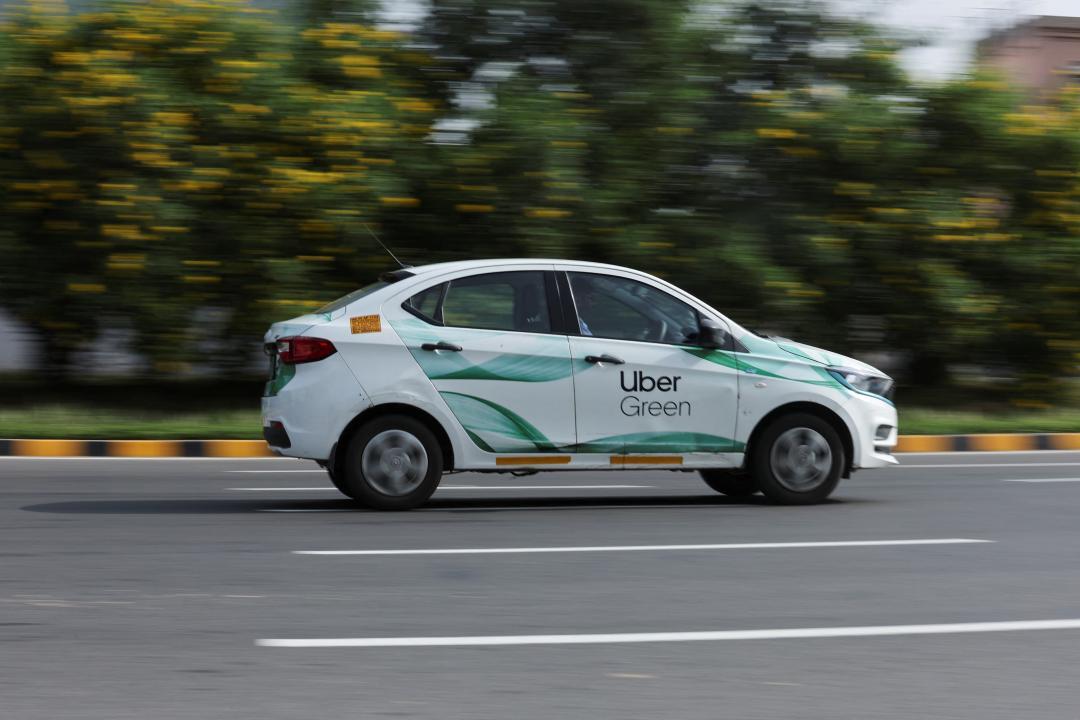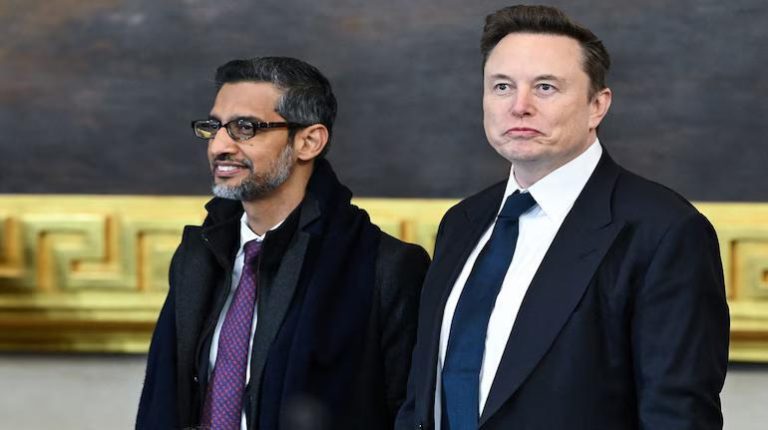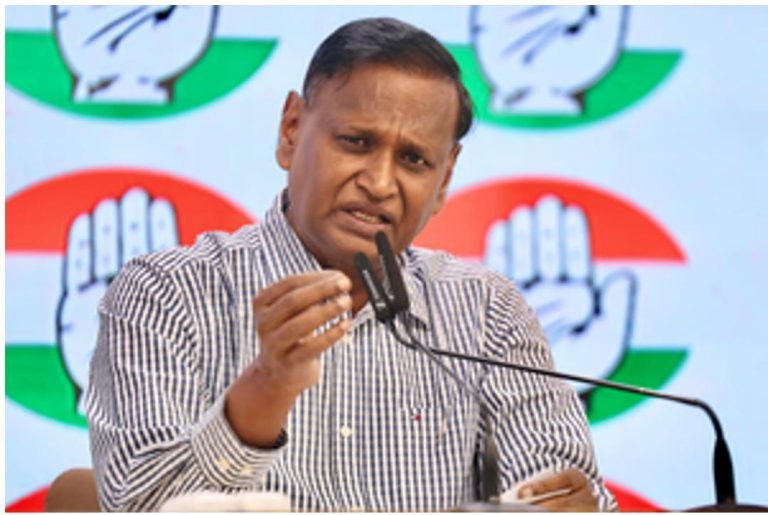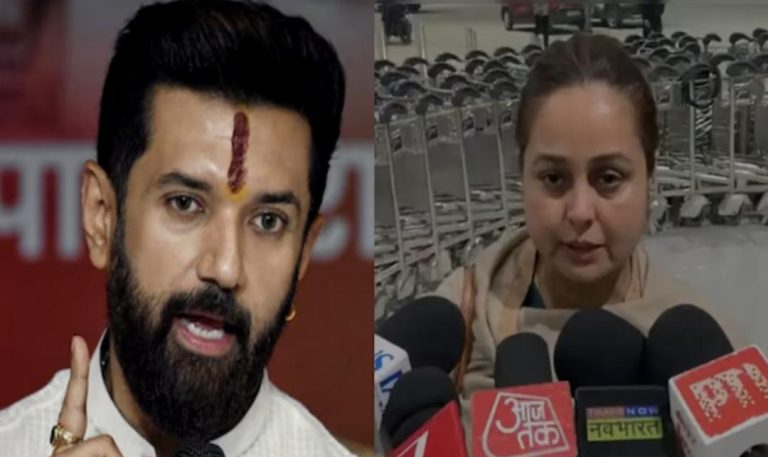
Why are Ola, Uber & Rapido drivers on indefinite strike in Mumbai?
Mumbai, the financial capital of India, has been experiencing disruptions in its transportation sector due to an indefinite strike by drivers of popular ride-hailing companies like Ola, Uber, and Rapido. The strike has resulted in longer wait times and fewer cabs on the road, leaving commuters in a predicament. But what led to this strike? And what are the demands of the protesting drivers?
According to reports, the drivers are demanding better pay and working conditions. They claim that after deducting aggregator commissions and fuel expenses, their actual income falls to just ₹8-12 per kilometre. This, they argue, is unsustainable amid rising fuel and maintenance expenses.
The strike began on June 10, with thousands of drivers gathering at the Azad Maidan in Mumbai to protest against the low earnings. The drivers, who are registered on the platforms of Ola, Uber, and Rapido, are seeking better pay and a reduction in the commission charged by the companies.
Speaking to the media, one of the striking drivers, Santosh Gaikwad, said, “We are not asking for the moon. We just want a reasonable income. The commission charged by the companies is too high, and after deducting that, we are left with very little.”
Another driver, who wished to remain anonymous, added, “Fuel prices are increasing every day. Maintenance costs are also high. We cannot sustain ourselves with the current income. We are forced to work for 12 hours a day to make ends meet.”
The drivers are also demanding better working conditions, including a reduction in the number of hours they are required to work. They claim that the current system is exploitative, with drivers being forced to work for long hours without adequate rest.
The strike has had a significant impact on the transportation sector in Mumbai. Commuters are facing longer wait times, and many are being forced to use alternative modes of transportation. The strike has also affected the businesses of restaurants, offices, and other establishments that rely on these ride-hailing services.
In response to the strike, the companies have released statements saying that they are willing to engage with the drivers and address their concerns. Ola, in a statement, said, “We value our driver-partners and are committed to addressing their concerns. We are in talks with them and are willing to work together to find a solution.”
Uber, in a similar statement, said, “We are committed to providing a sustainable income for our driver-partners. We are in talks with them and are exploring ways to address their concerns.”
Rapido, which is a relatively new player in the market, said, “We are committed to providing a fair and sustainable income for our driver-partners. We are working with them to address their concerns and find a solution.”
The strike has also received support from various political parties and trade unions. The Maharashtra Navnirman Sena (MNS), a regional political party, has extended its support to the striking drivers. The party’s leader, Raj Thackeray, said, “The strike is a fight for the rights of the drivers. We will support them until their demands are met.”
The strike has also led to calls for regulation of the ride-hailing industry. Many experts argue that the industry needs to be regulated to ensure that drivers are treated fairly and that the companies are not exploiting them.
In conclusion, the strike by Ola, Uber, and Rapido drivers in Mumbai is a reflection of the struggles faced by gig economy workers. The drivers are demanding better pay and working conditions, and it is up to the companies and the government to address their concerns. The strike has had a significant impact on the transportation sector in Mumbai, and it is expected to continue until the demands of the drivers are met.






